Watching this movie helped me understand what made C.S. Lewis the logical and intellectual giant that he is. Like the boy who was bullied and humiliated in defeat was motivated to learn how to box and become a victorious fighter, so was C.S. Lewis intimidated by his attorney father and his late teen years tutor. He was so outmatched by the superior wit around him that it had to sting and sting hard enough to fight.
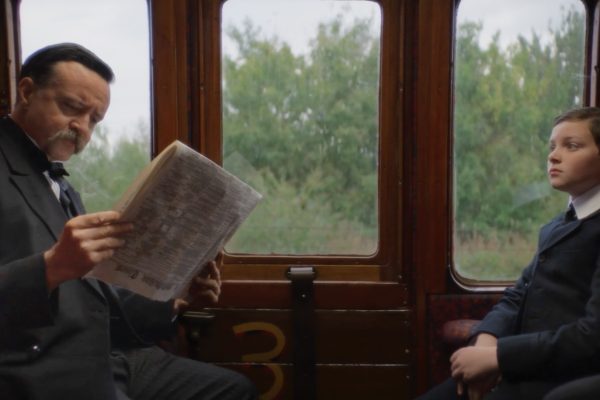
Maybe there wasn’t bullying or abuse of power in his upbringing, but it seemed intimidating to the max. He was inspired to become an intellectual giant.
This movie, based upon the theatrical adaptation by Max McLean, tells the story of C.S. Lewis and his reluctant conversion from avowed atheist to follower of Christ as a soliloquy. At least it starts out that way, with McLean playing the middle-aged Lewis. As his story unfolds, actors and actresses play the parts that show his upbringing, his loving and doting mother, his playful brother and his slightly demanding father.
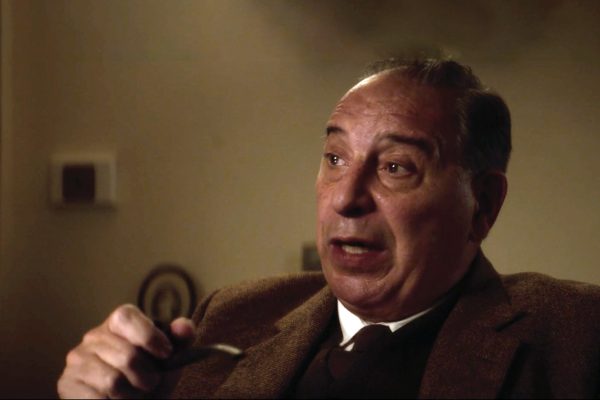
After the death of his mother, his young faith gets shoved aside for its non-productive utilitarian role in worldly life. As a youngster, he moves toward materialism as a rejection of theism. He almost gleefully recalls his sexual temptation and imagination when discussing his crush on a dance teacher.
It almost starts to get slow as he goes from tweener to teen to student scholar, but speeds up just in time. His duty in World War I is dramatic, as was his wounding and recovery. It’s a delightful journey that succeeds from being tedious by moving at a brisk pace and spicing it up with philosophical thoughts that become his evolving framework for understanding the universe.
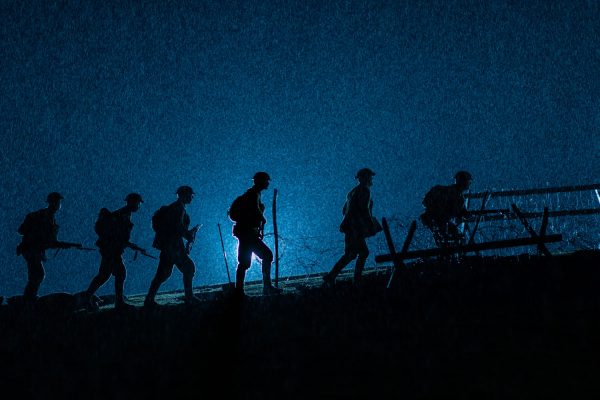
It’s inspirational to see his eagerness for knowledge under the tutelage of his tutor, W.T. Kilpatrick. He comes to live with the man and spends hours upon hours studying the classics and being stretched with questions and conversations with Kilpatrick. He creates a keen but determined balance by going out to take walks, allowing time to contemplate what he’s learning.
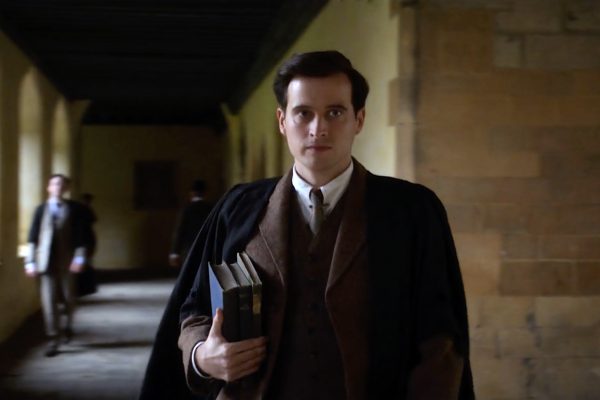
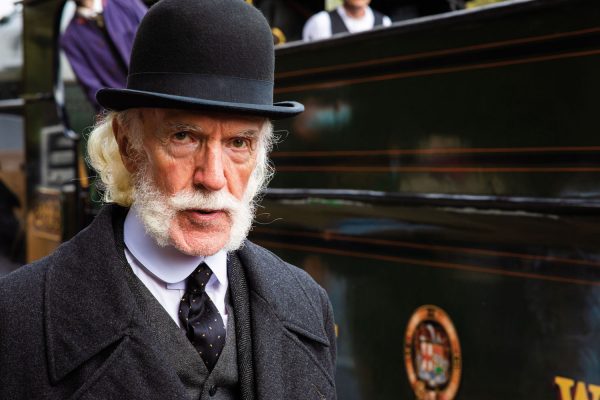
The scenic footage shot in and around Oxford are beautiful to take in.

It gets really fun when he befriends peers and friends like Owen Barfield, Hugo Dyson, and J.R.R. Tolkien, His aversion to the theism around him is resisted at first, but he shares how his belief system is attacked with undeniable truths or logical conclusions. His steps away from materialism, his fascination and exploration of the occult, and his hard fought resistance and eventual surrender to theism are fun to behold.
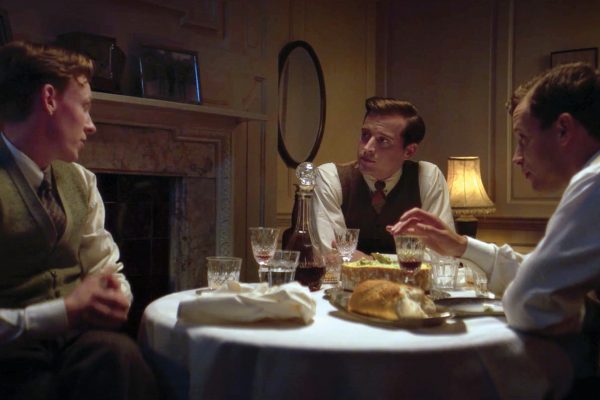
His conversations with his mates are intriguing and confirming to the believing audience. I can only imagine how the logical building blocks from one worldview to another might be compelling to the skeptic or antagonist.
Spiced throughout the film are myriads of hundred dollar words. The man’s vocabulary is immense and McLean delivers the mental wrestling match that was Lewis’ conversion brilliantly and full of wit.
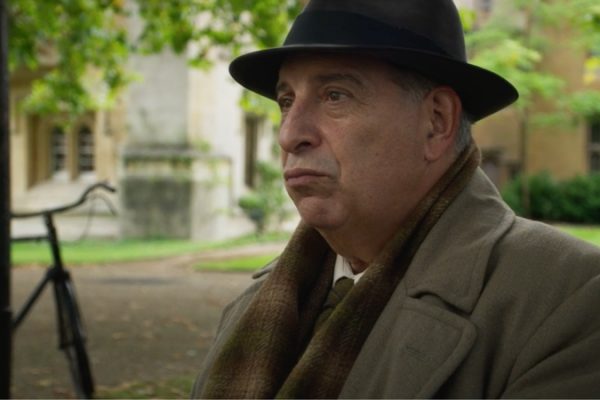
The final stages of his reluctant conversion were played out like a play. It was illuminating to hear Lewis describe his belief in a deity that was seemingly unknowable.
“I could not have a relationship with him as much as Hamlet could not meet Shakespeare.”
It’s so tasteful and Lewis-like how many of the profound answers to questions are only hinted at. Like a gentleman scholar and man of class, his discourse is shared with respect and implied value to the listener.
“If Hamlet were to meet Shakespeare, he could write him into the play.”
Watching this film feels like hanging out with C.S. Lewis for two hours. If we were only so lucky. The performance feels that authentic.
Bravo!
Directed by Norman Stone.
Max McLean has adapted for the stage The Screwtape Letters, C.S. Lewis Onstage: The Most Reluctant Convert, The Great Divorce, Genesis, and Mark’s Gospel
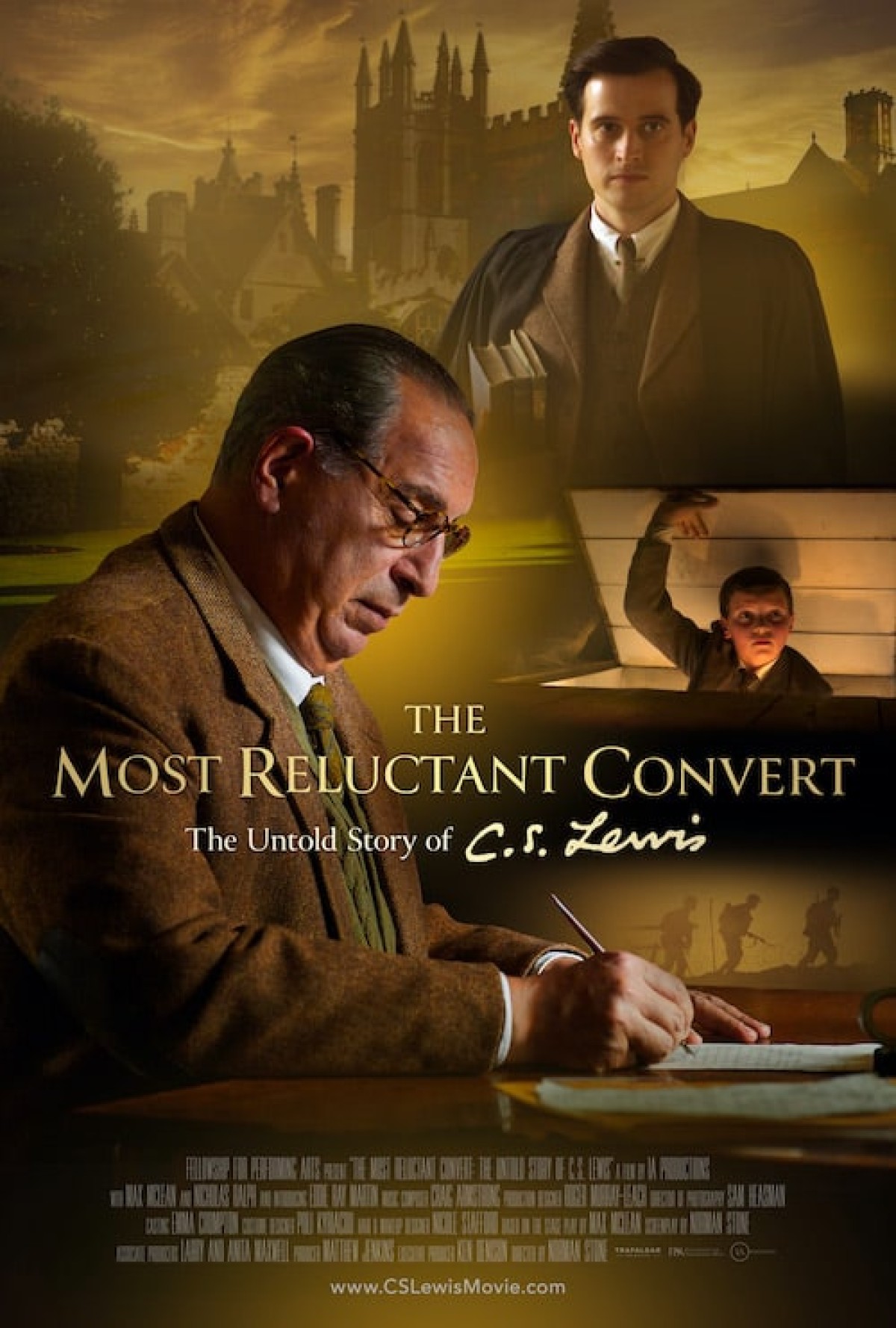
Comments